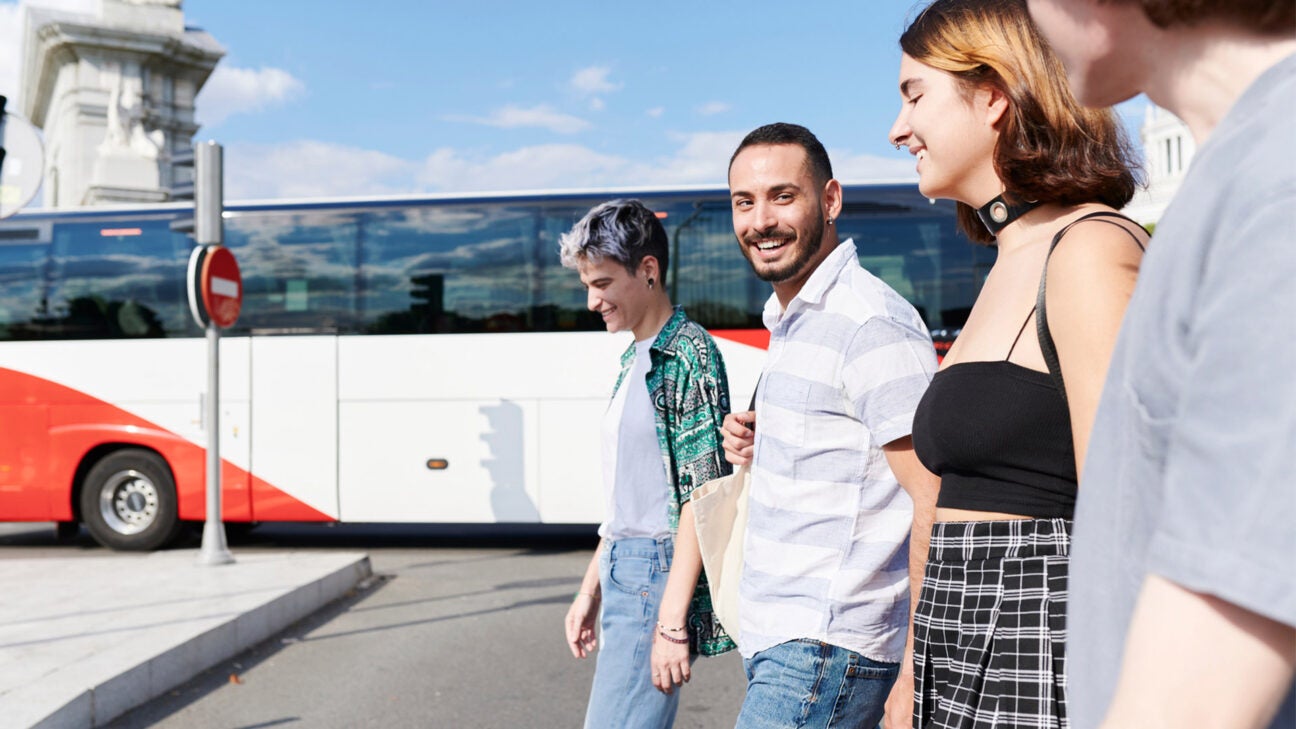
- Researchers measured personality traits across the United States before and during the COVID-19 pandemic.
- They said young adults and Hispanic/Latino participants were especially affected in areas such as conscientiousness and extraversion.
- It’s unknown whether these personality changes will be permanent.
The COVID-19 pandemic affected everyone in different ways.
According to a new study published in the scientific journal PLOS ONE, it may have even changed your personality.
In their study, researchers used what’s called the five-factor model (FFM)— sometimes called the “big five” — of personality traits.
Dr. Timothy Sullivan, the chair of psychiatry and behavioral sciences at Staten Island University Hospital, part of Northwell Health in New York, told Healthline that the FFM is the most frequently used model for assessing personality.
“There exists a significant body of research validating its reliability,” said Sullivan.
The FFM describes personality as a collection of ratings (from high to low) across five different dimensions:
- Neuroticism: a tendency to feel negative emotions and stress
- Extraversion: a tendency to be energetic and outgoing
- Openness (to experience): a tendency to be curious and creative
- Agreeableness: a tendency to be trusting and compassionate
- Conscientiousness: a tendency to be organized and goal-driven
Experts say our personalities, measured across these traits, are generally pretty stable. Your score in any one of these dimensions can change over time, but for most people it happens at a glacial pace, often moving little over a period of decades.
When someone’s personality changes rapidly, it’s usually in response to a traumatic event of personal significance. Previous research has shown that personality traits don’t tend to change in response to things such as natural disasters.
That’s what makes this study so interesting.
Across the United States, more than 7,000 adults had their personalities measured during three time periods:
- Pre-pandemic: May 2014 through February 2020
- Acute phase: March 2020 through December 2020
- Adaptation phase: January 2021 through February 2022
As the COVID-19 pandemic wore on into the adaptation phase, researchers reported, some people experienced more than a decade’s worth of personality change.
In particular, adults under the age of 30 experienced a substantial drop in conscientiousness as a group, whereas adults over the age of 65 became less neurotic compared to before their pre-pandemic baseline. Hispanic/Latino participants also experienced an especially large drop in extraversion.
The researchers also reported slight overall declines in extraversion, openness, agreeableness, and conscientiousness during the pandemic.
What effects might these personality changes have on your health? And what can be done about it?
Profound implications
“These findings demonstrate just how different life became because of the pandemic and in many ways we continue in this ‘new normal’ now that our pandemic has become an endemic state,” Dr. David A. Merrill, Ph.D., a psychiatrist and the director of the Pacific Neuroscience Institute’s Pacific Brain Health Center at Providence Saint John’s Health Center in Santa Monica, California, told Healthline.
Experts highlighted the personality changes measured in younger adults, particularly the decrease in conscientiousness.
“Higher levels of conscientiousness generally result in more successful aging, defined not only by the absolute number of years lived but also by the quality of those years. More conscientious individuals may take better care of their own health, and those around them, which may promote healthy aging,” said Merrill.
Sullivan agreed, saying the study’s results represent “a striking disruption of young adult maturational patterns, which, if sustained, could have profound implications for that generation.”
Pieces of a larger puzzle
The study authors point out that the pandemic, while significant, may not be the only factor at play here.
“This study was conducted in the United States during a period of unusual, even unprecedented, political and social division. It’s impossible to control for the effects of those forces, and the events associated with them, on the personality measures we are discussing here,” said Sullivan.
“While we all know that the pandemic has been a life-altering event for all of us, scientists are still trying to understand the ways in which that array of stressors has affected us and what the implications are for our health and for the functioning of our society,” Sullivan added.
Even though personality traits are generally inflexible, they’re only a starting point. You can still exert some control over how you react to individual stressors from one moment to the next.
“Approaching stressful circumstances with intent to have an open mind and work through things together, rather than taking an automatically adversarial stance, may significantly improve not only the outcome of the conflict but may benefit our collective health and well-being as well,” said Merrill.
“As the pandemic evolves into a chronic endemic, it’s important that we all be aware of what impact this added stressor is having on our personalities. Staying aware of the need for compassion toward ourselves and each other in the face of chronic stress can help maintain a positive outlook,” Merrill added.
How the COVID-19 Pandemic Changed Our Personalities
Source: Pinoy Lang Sakalam



0 (mga) komento:
Mag-post ng isang Komento